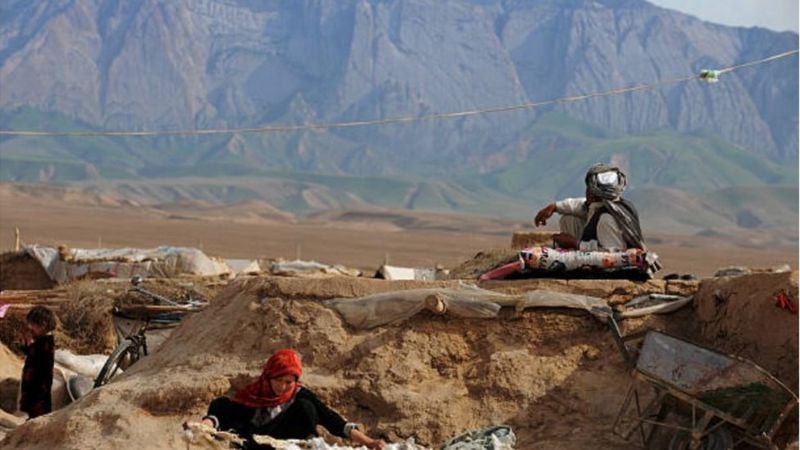The Afghan government and the international community should expedite efforts to support the country’s four million internally displaced people (IDPs), who have been left badly exposed throughout the COVID-19 pandemic, Amnesty International said on Wednesday.
The watchdog in a briefing details how the pandemic has made an already dire situation for IDPs even more precarious.
It also addresses the pandemic’s disastrous impact on livelihoods, women’s rights, food insecurity in IDP camps and inadequacy of aid efforts targeted at internally displaced people.
“Camps are cramped, unsanitary and lack even the most basic medical facilities,” said Samira Hamidi, Amnesty International’s Deputy Regional Director for South Asia.
Amnesty International called on the Afghan government and the international community to abide by their obligations to IDPs under international law, and allocate specific funding and resources targeted at IDPs to meet their urgent need to access adequate housing, food, water, sanitation, and health.
Escalating conflict in Afghanistan over the past year has resulted in a rise in the numbers being displaced, with thousands of new cases being registered each week. According to the UN Office for the Coordination of Humanitarian Affairs, around 327,000 people were displaced in 2020, 80% of whom were women and children.
The Afghanistan Humanitarian Response Plan, which envisioned much improved living conditions for Afghans by 2021, remains severely under-funded, with only 23 percent of requirements having been funded as of 24 July 2020.
This under-resourcing is mirrored in the National Policy on Internally Displaced Persons, which is in urgent need of the promised $396 million funding to respond to the situation of IDPs and migrant workers returning from Pakistan and Iran.













